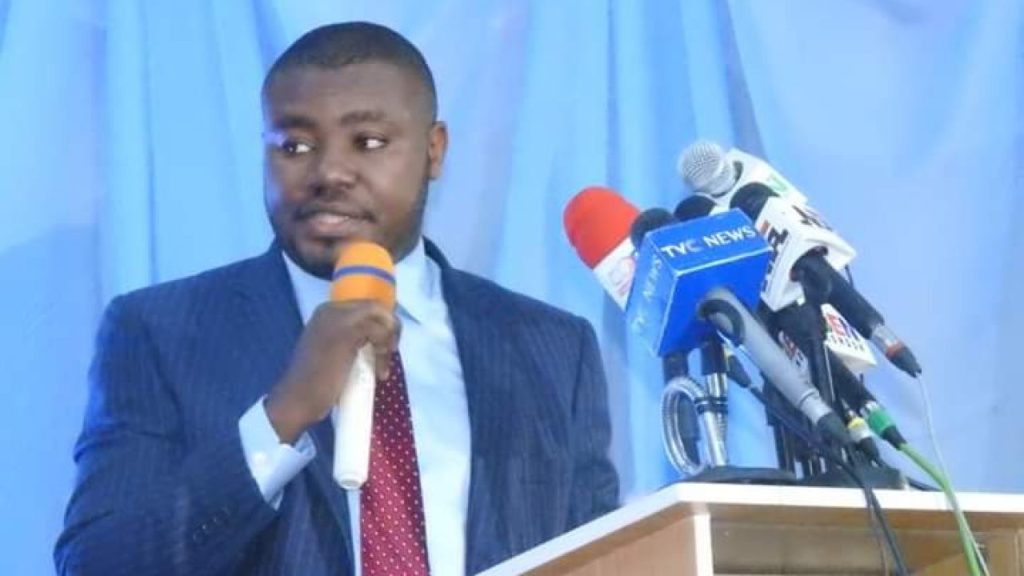Italy recently unveiled the Mattei Plan, a $6 billion project aimed at fostering development in Africa. The plan includes funding for various sectors such as education, agriculture, health, and water, with a primary focus on energy. However, the initiative has sparked a contentious debate, with critics questioning its intentions and potential implications for the continent.
The Mattei Plan, named after Enrico Mattei, the controversial founder of Italy’s national oil and gas company, Eni, has raised concerns about neocolonialism and exploitation. African leaders were notably absent from the plan’s formulation, leading to accusations of exclusion and a lack of consultation.
The plan’s heavy emphasis on energy and the involvement of Eni, known for its extensive fossil fuel projects in Africa, has sparked skepticism among analysts and civil society. Critics worry that the initiative may perpetuate dependency on extractive industries and hinder progress towards renewable energy and sustainable development.
African civil society organizations have expressed apprehension about the plan’s potential impact, emphasizing the need for partnerships that prioritize the continent’s long-term interests. They argue that the project must not deepen existing structural problems or exacerbate Africa’s reliance on outdated energy systems.
Moreover, the Mattei Plan’s purported aim to address migration issues has been met with skepticism. Critics argue that the plan fails to address the root causes of migration, such as climate change and poverty, and may inadvertently contribute to these challenges by promoting carbon-emitting fossil fuel projects.
As the debate unfolds, voices like Fadhel Kaboub, an expert in sustainable prosperity, emphasize the importance of public policies that promote equitable and sustainable development in the Global South. The push for a just transition and climate finance aligns with the concerns raised by African civil society, underlining the necessity of equitable partnerships that prioritize Africa’s development needs.
The unveiling of Italy’s ambitious plan for Africa has ignited crucial discussions about the nature of international partnerships and the imperative to prioritize sustainable development. As the continent navigates its future trajectory, the scrutiny and deliberation surrounding the Mattei Plan underscore the importance of collaborative efforts that genuinely empower African nations and prioritize their long-term prosperity.



